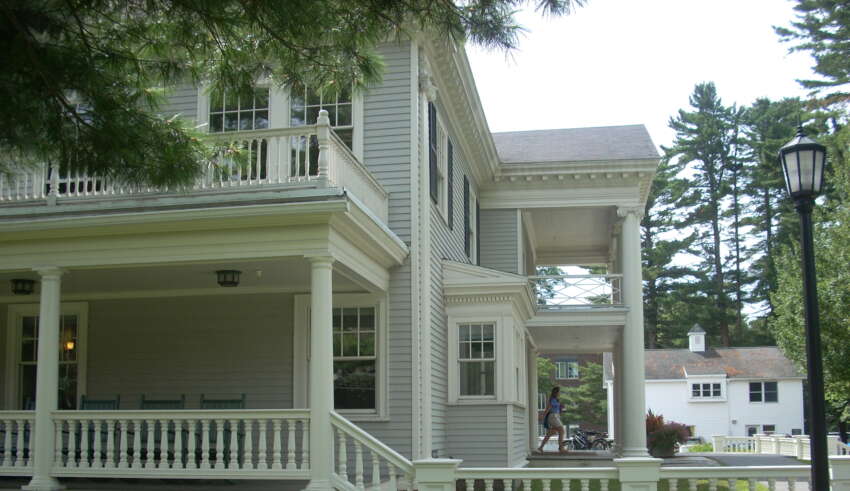
Boorstin considers this ambivalence about lawfulness to be a key element of Western culture in America. The title of this chapter in Boorstin’s history of America was “lawless sheriffs and honest desperadoes” (Boorstin, 1973, p. 34). This title reflected the confusing and conflictual nature of roles played by lawfulness and lawlessness in these communities. Boorstin (1974, p. 40) reported that: “The gallery of Good Bad Men and Bad Good Men . . . could be lengthened indefinitely. It would include every shape and mix of good and evil.” This list included such legendary “Bills” as Buffalo Bill, Bill Hickok, and Billy the Kid.
On the one hand, to the extent that Worth is created (or at least perpetuated) by legends built around a specific person in history, then we should declare that these Bills are “worthy” even though they were “unworthy” scoundrels. They would never have made it into Calvin’s heaven. They certainly would have been unacceptable as one of Lowell’s business partners. Yet, we “love” these guys and repeatedly portray them in action-packed movies. On the other hand, we also revere the upright, brave, and righteous sheriff who faces the outlaw on the dusty streets of Laramie or Deadwood. Who can forget Gary Cooper risking his newly consecrated marriage on behalf of law and order in a Western town filled with cowardly residents? His character certainly is as worthy as those who packed a fast-drawing six-gun. We embrace both sides of the Western legend.
The ambivalence also shows up in the flourishing of and simultaneous repression of certain “evils” in many Western communities. The most notable of these evils was gambling. This is an enterprise that later played a central role in the creation and flourishing of Las Vegas, Nevada (aided by the cheap electric power provided by Hoover Dam) and, to a lesser extent, Reno, Nevada. Worth exists in the fortune of a successful dice roll or pair of Aces. Boorstin lumps in another human action that some people consider to be “evil” – this being the quick divorce (which made Reno even more famous than did its offering of gambling).
The allure and prohibition of liquor and many other mind-altering drugs certainly fit this pattern of ambivalence. While gambling, divorce, and booze thrived in the new American West, they were widely condemned not only by the Eastern American culture of Puritan restraint but also by many citizens of the West who were intent on crushing these “evils”. These righteous citizens represented a variety of religious orientations as well as some secular interests. The evils they identified and sought to suppress included the prohibition of virtually all stress-reducing sources of intoxication. Nightly camaraderie at the local tavern or a good night “on the town” were frowned upon, as were many forms of entertainment such as theater, music, and even dance.
As we shall see in turning specifically to the life of the Harvey Girls, secular interests also came to play in the West. There were strong entrepreneurial forces bent on taming this region of North America and making it “family friendly.” This was good business. Worth resides in the Family. At the same time, those entrepreneurs acquired fortunes and built major empires in the West, running gambling, divorce, and liquor businesses. Worth resides in “Good Times.’ Both the Good guys and the Bad guys struck it rich in the American West. As I will note shortly, the Harvey Girls were buffeted by Western ambivalence, even though they were not among those who struck it rich. The Mill Girls also experienced the strain between Lowell’s broader Pull toward community and his Push to generate profit.








